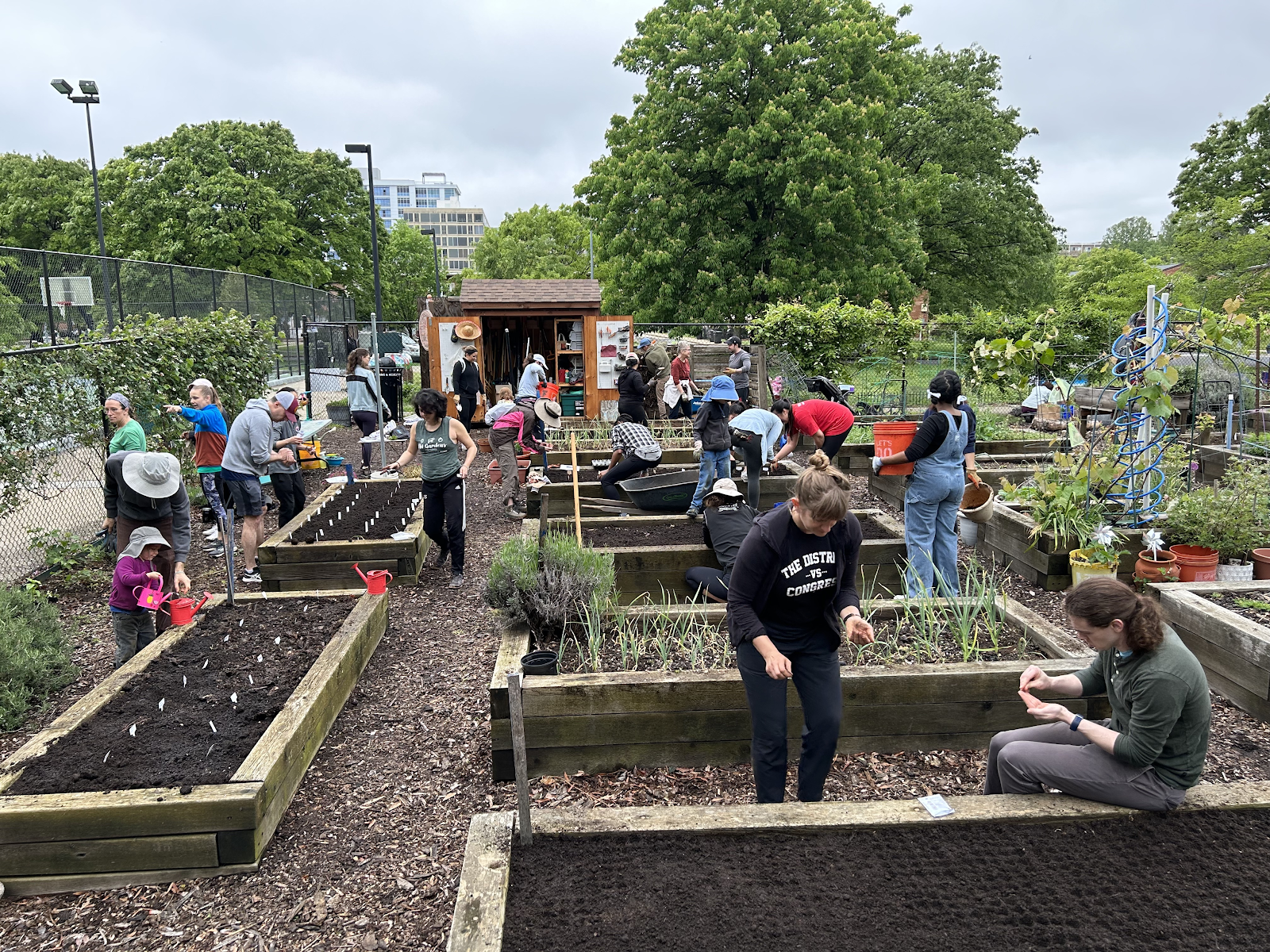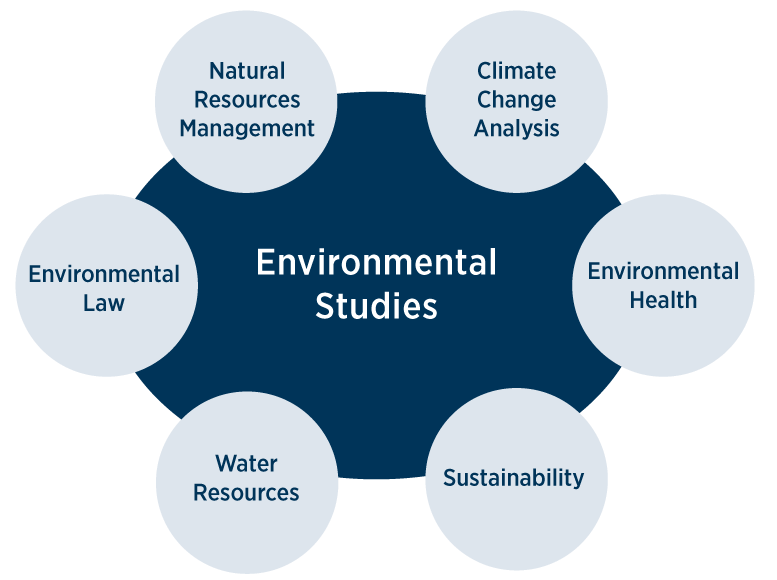Introduction:
Greetings, friends! As students, you wield the power to mold the future, and what better avenue to wield this influence than through the adoption of sustainable practices both on school/campus and in your daily lives?
Let's delve into inventive and pragmatic methods to shrink your carbon footprint, integrate cutting-edge technology, and forge a positive impact on the environment.
18 WAYS TO PRACTICE SUSTAINABILITY
Smart Living:
Invest in smart and energy-efficient appliances for your home or room. Manage your devices remotely to minimize energy consumption. Consider the development of smart systems capable of controlling the appliances within your home.
Eco-Friendly Lighting:
Transition to LED bulbs and bask in natural light while studying. Opt for desk lamps with adjustable brightness for optimal energy efficiency. Explore the incorporation of Light Dependent Resistors (LDR) to create automatic lighting systems that conserve energy by activating only when darkness falls.
Unplug and Save:
Remember to unplug chargers and electronics when not in use. Standby power adds up, and your devices will thank you for the break. Before heading out, ensure all appliances are turned off if not required.
Reduce Paper:
Embrace digital textbooks and online resources to diminish paper usage. Harness the convenience of e-learning platforms for a more environmentally friendly academic experience. Take notes digitally to save paper, utilizing applications like MS Word, Google Docs, or Notepads to write and store texts, thereby contributing to the preservation of our forests.
Solar-Powered Gadgets:
Explore solar-powered chargers for your devices. Harvest the power of the sun to sustainably keep your gadgets charged. Let's strive to generate more energy than we consume, thereby reducing our reliance on power grids.
Image: Light Year solar car.
Social Media Notifications:
Enable email notifications for your official mailbox to boost efficiency. Reduce unnecessary trips by checking emails, eliminating the need for physical mailbox visits. Call before traveling to ensure essential updates, saving precious fossil fuel. Embrace this eco-friendly approach for convenience and environmental conservation.
Energy-Saving Devices:
Choose electricity-powered induction or infrared stoves over gas for enhanced efficiency. Reduce reliance on energy-intensive old cars and devices. Simplify automation with Sajilobot for seamless device control. Opting for these practices promotes energy conservation and sustainability.
Transportation:
Choose electric scooters or bikes for campus commuting. Advocate for bike-sharing programs or electric shuttles to contribute to a greener transportation infrastructure. These tech-savvy alternatives are not only stylish but also environmentally friendly. If you don't own one, consider public transportation or sharing options for optimal energy utilization. Encourage students to carpool, bike, or use public transit.
Eco-Friendly Lunches:
Pack your lunches in reusable containers, use a reusable water bottle, and encourage others to do the same. Stay hydrated without contributing to single-use plastic waste. Say no to single-use plastics and invest in a reusable coffee cup for your caffeine fix.
Recycling Stations Advocacy:
Promote the creation of recycling stations on the school/campus. Advocate for responsible waste separation and disposal practices. Encouraging these initiatives fosters a sustainable and environmentally conscious community.
Upcycled Art Projects:
Transform old materials into art. Host upcycling workshops to raise awareness about repurposing items. Arrange eco-friendly art exhibits showcasing artwork made from recycled materials. Sell these items and reward participants to promote such activities. Opt for sustainable merchandise for school spirit, selecting items made from recycled content.
Second-Hand Shopping:
Champion the establishment of recycling stations on your school/campus, emphasizing responsible waste separation and disposal. By endorsing these initiatives, you contribute to cultivating a sustainable and environmentally conscious community.
Composting Initiatives:
Delve into composting alternatives on campus, starting with dedicated bins for food waste in communal spaces. Consult experts to mitigate any potential odors and incorporate electronic solutions for an automated and intelligent composting process.
Repurposed Furniture:
Opt for repurposing or upcycling old furniture rather than buying new items. Infuse creativity into breathing new life into discarded pieces, contributing to sustainable and imaginative living spaces.
Green Initiatives:
Join or support sustainability clubs and engage in initiatives that champion eco-friendly practices. Organize community-wide zero-waste challenges, encouraging students to reduce waste and make sustainable choices.
Community Garden Projects:
Initiate or support community garden projects, cultivating your own food and promoting sustainable agriculture for a healthier lifestyle. Implement smart irrigation systems for automated plant watering.
Online Environmental Courses:
Seize the opportunity to enroll in online courses focused on environmental sustainability. Expand your knowledge beyond traditional classroom settings, exploring platforms like YouTube.
Augmented Reality for Campus Tours:
Integrate augmented reality for virtual school/campus tours to reduce the need for physical brochures and printed maps.
Conclusion:
As students, you possess the ability to shape a sustainable future. By embracing these innovative and practical methods, you can contribute to a greener environment and inspire positive change in your community. Remember, every small action counts, and together, we can construct a more sustainable and environmentally conscious world. Start today and lead the way towards a brighter and eco-friendly tomorrow!
And don't forget to share it with your friends !!!





























![Sajilobot Kit UPDATE [Updated dec-5]](https://blogger.googleusercontent.com/img/b/R29vZ2xl/AVvXsEjOO3cL0tkFR7lYapTmAHVSGsdJxNXM6j5rvee4CsMk4r9_bJ6lxWJjfD2R9fSqWxdPUT59eWFDAw7ySy8MSkUt3VZ0tjo53R7VIsArFasd_IOPZT2Iy_0w5tS-zpurUmylfsGVCjOfxPY5LqVUcm239m2BqfmnMv4XkqX5cRXQ4HPy4WiSWOgq1o5LhIf3/w72-h72-p-k-no-nu/IMG_20230703_120223.jpg)



0 Comments